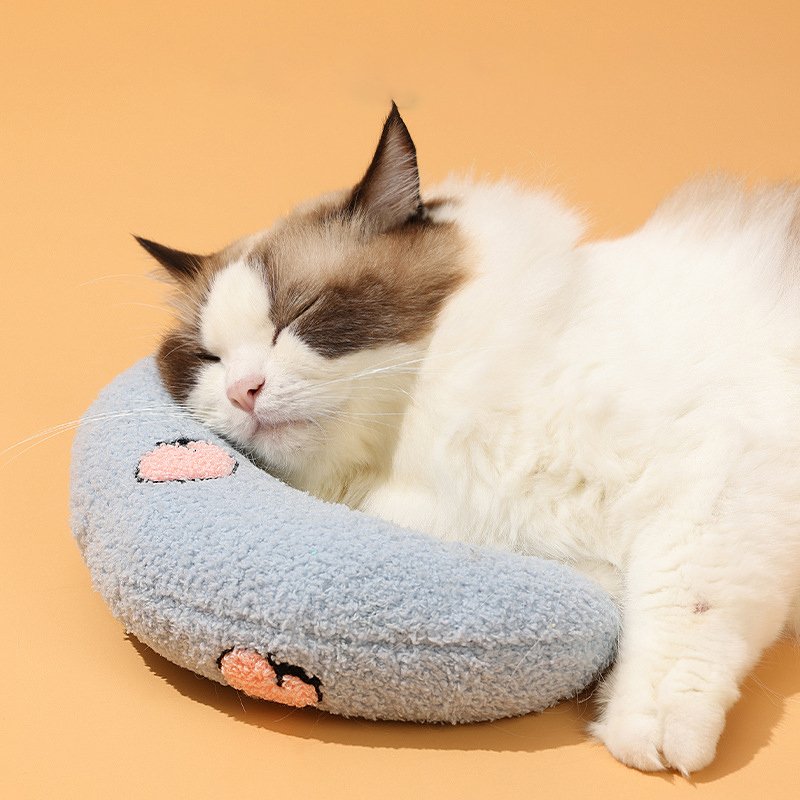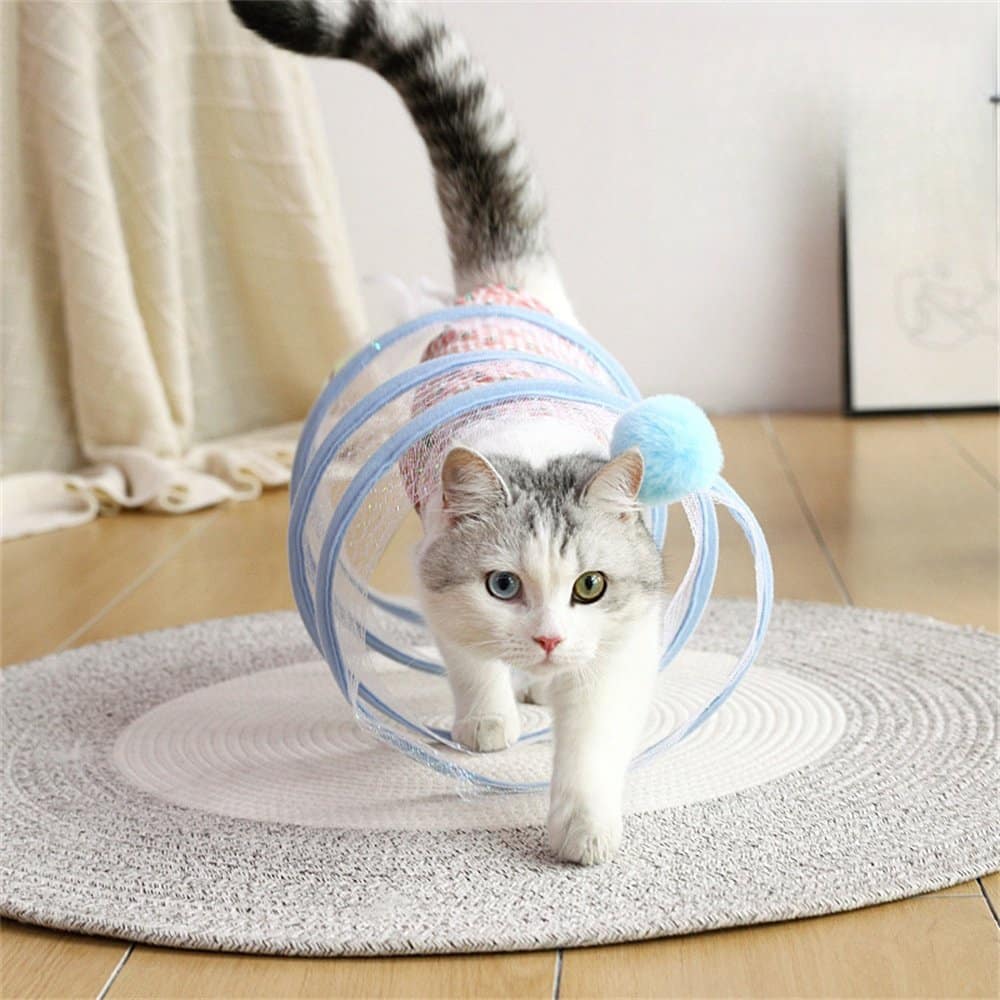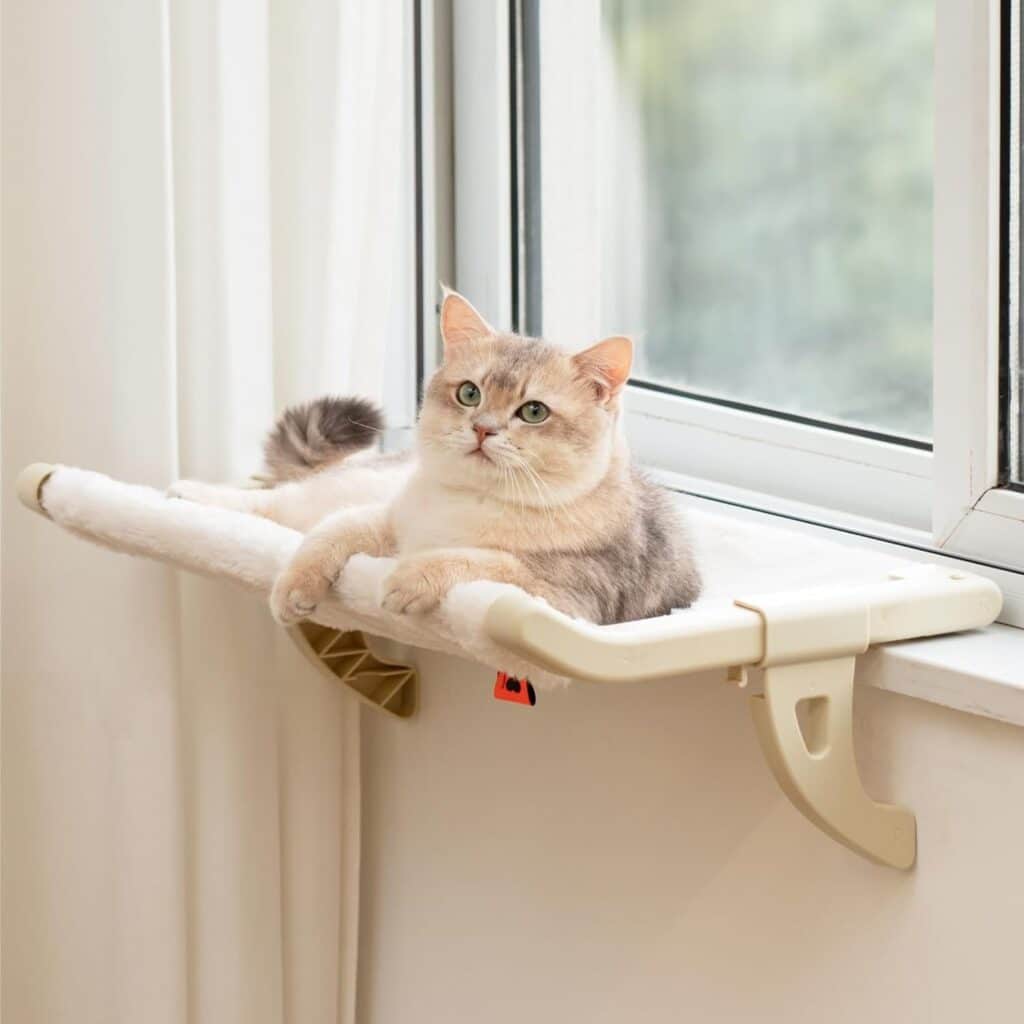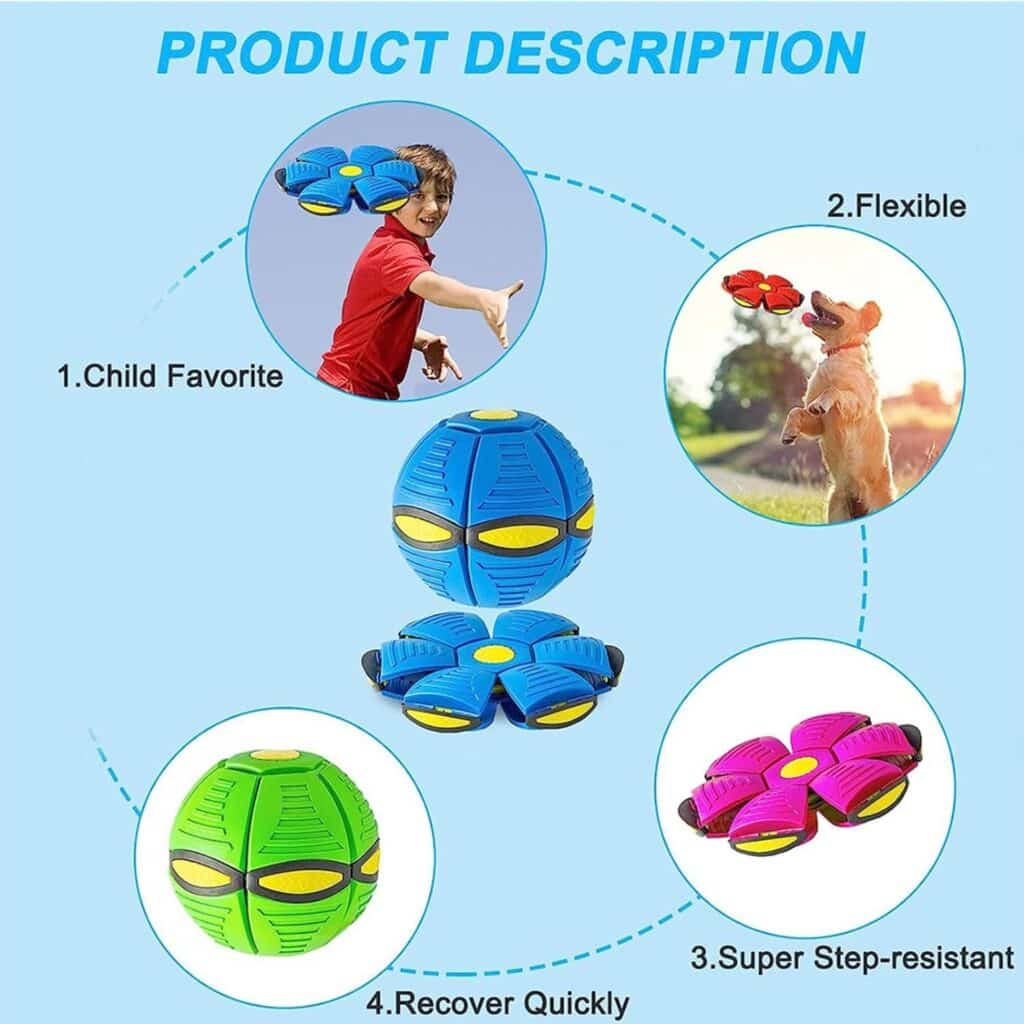Creating the Perfect Cat Haven: A Guide to a Happy, Safe, and Enriched Feline Environment

Creating a safe and happy place for your cat is an important part of good pet care. Cats are naturally curious and do well in places where they feel safe and can have fun. Understanding this, it’s vital to find different ways to make your cat’s life better from picking fun toys to designing warm, comfortable spots to rest. This guide not only aims to make your home better for your cat but also seeks to bring more happiness to your living space. We focus on meeting your pet’s needs while also making your home look nice. Let’s see how to create the perfect loving place for your dear cat friend.
Key Cat Nutrition
Basics of a Balanced Diet
Providing a balanced diet for your cat is essential to maintaining their health and vitality. As obligate carnivores, cats require a diet rich in meat. Opt for high-quality cat food where real meat is the main ingredient, and look for taurine, crucial for heart and eye health. Wet food aids hydration, while dry kibble supports dental health. Avoid cat foods with cheap fillers, preservatives, and by-products. Consult your veterinarian to determine the appropriate portion sizes and feeding schedules based on your cat’s age, weight, and activity level. A balanced diet will boost your cat’s immune system, enhance their coat, and promote overall well-being.
Picking the Right Cat Food
Choosing cat food can be daunting with numerous options available. Consider your cat’s age, breed, and health needs. Kittens require more protein and fat for growth, whereas older cats may need diets tailored to their age. Select foods labeled “complete and balanced” by the Association of American Feed Control Officials (AAFCO). Check ingredient lists for specific meats like chicken or fish, and steer clear of vague terms like “meat by-products” and artificial additives. If your cat has allergies or kidney issues, consult your vet. Transition to new foods gradually to prevent digestive issues. Selecting the right food is vital for your cat’s health and happiness.

Understanding Food Needs
Understanding your cat’s dietary needs is imperative. Cats need meals rich in animal proteins and nutrients like taurine, arachidonic acid, and vitamin A, which they can’t produce themselves. Wet food is crucial for hydration and preventing urinary issues, while omega-3 and omega-6 fatty acids promote healthy skin and coat. Your cat’s calorie intake depends on their age, activity level, and health status; younger, energetic cats require more calories than older ones. Monitor your cat’s weight and physical condition, and adjust their diet accordingly. Always consult your vet to ensure their nutrition aligns with their health requirements, supporting a long and healthy life.
Creating a Safe Home Environment
Making Your Space Cat-Safe

Transforming your home into a safe haven for your cat is essential. Secure windows with durable screens to prevent falls, especially from high places. Avoid poisonous plants like lilies, opting for safe ones like catnip. Safely store cleaning products and medications to prevent accidental ingestion. Organize cords to deter chewing. Eliminate small items like rubber bands that pose choking hazards. Ensure furniture is stable to prevent toppling if your cat climbs. Offer scratching posts to protect furniture from damage. Addressing these risks creates a safe space for your cat to thrive.
Safe Toys and Accessories
Selecting safe toys and accessories is key to your cat’s enjoyment and safety. Choose toys made from safe materials without small parts that could detach. Interactive toys like feather wands and lasers provide stimulation but require supervision. Puzzle toys engage your cat’s mind. Avoid toys with strings unless monitored, as they can be ingested and cause blockages. Use safety collars to prevent accidents. Ensure scratching posts are sturdy. Regularly inspect toys and discard any that are broken. Providing an assortment of safe toys fulfills your cat’s instincts while ensuring their safety.
Tips for Outdoor Safety
If your cat enjoys the outdoors, their safety is paramount. A secure outdoor area or “catio” allows them to safely enjoy fresh air. Leash training offers a secure way to explore outside. Ensure your cat is microchipped and wears an ID collar. Be vigilant to outdoor hazards like traffic, other animals, and toxic plants. Regular flea and tick treatments can protect against parasites. Supervise their outdoor activities, ideally during daylight hours for additional safety. By following these guidelines, your cat can explore safely while avoiding dangers.
Fun and Engaging Activities
Ideas for Playtime
Play is essential for your cat’s mental and physical health. Engage in activities that prevent boredom and strengthen your bond. Rotate toys to maintain their interest, as small changes can rejuvenate old toys. Interactive toys like feather wands or lasers mimic prey, catering to hunting instincts. Puzzle feeders challenge your cat’s intellect, motivating them to earn treats. Organize obstacle courses with boxes and tunnels for physical exercise. Make playtime a daily routine. DIY toys like crumpled paper balls are also beloved. A diverse play schedule keeps your cat active, healthy, and content.
Enhancing Their Senses
Enhancing your cat’s sensory environment enriches their life experience. Cats heavily rely on their senses. Offer diverse textures in toys and bedding, such as soft or cardboard, to engage their tactile sense. Introduce sounds with toys that crinkle or jingle. Use scents like catnip to stimulate their olfactory sense. Provide visual entertainment by allowing birdwatching or screen time. Vary their diet with different flavors and textures. By catering to their sensory preferences, you create a stimulating environment.
Bonding with Interactive Games

Interactive games are an excellent way to improve your bond with your cat while offering them mental and physical stimulation. Games like “Chase the Feather” replicate hunting behavior, fostering trust. Hide-and-seek with treats or toys stimulates curiosity and cognitive growth. Clicker training is a rewarding way to encourage good behavior, enhancing your connection. Dedicate time to these activities to make your cat feel loved and secure, strengthening your relationship and boosting their happiness.






















Leave a comment